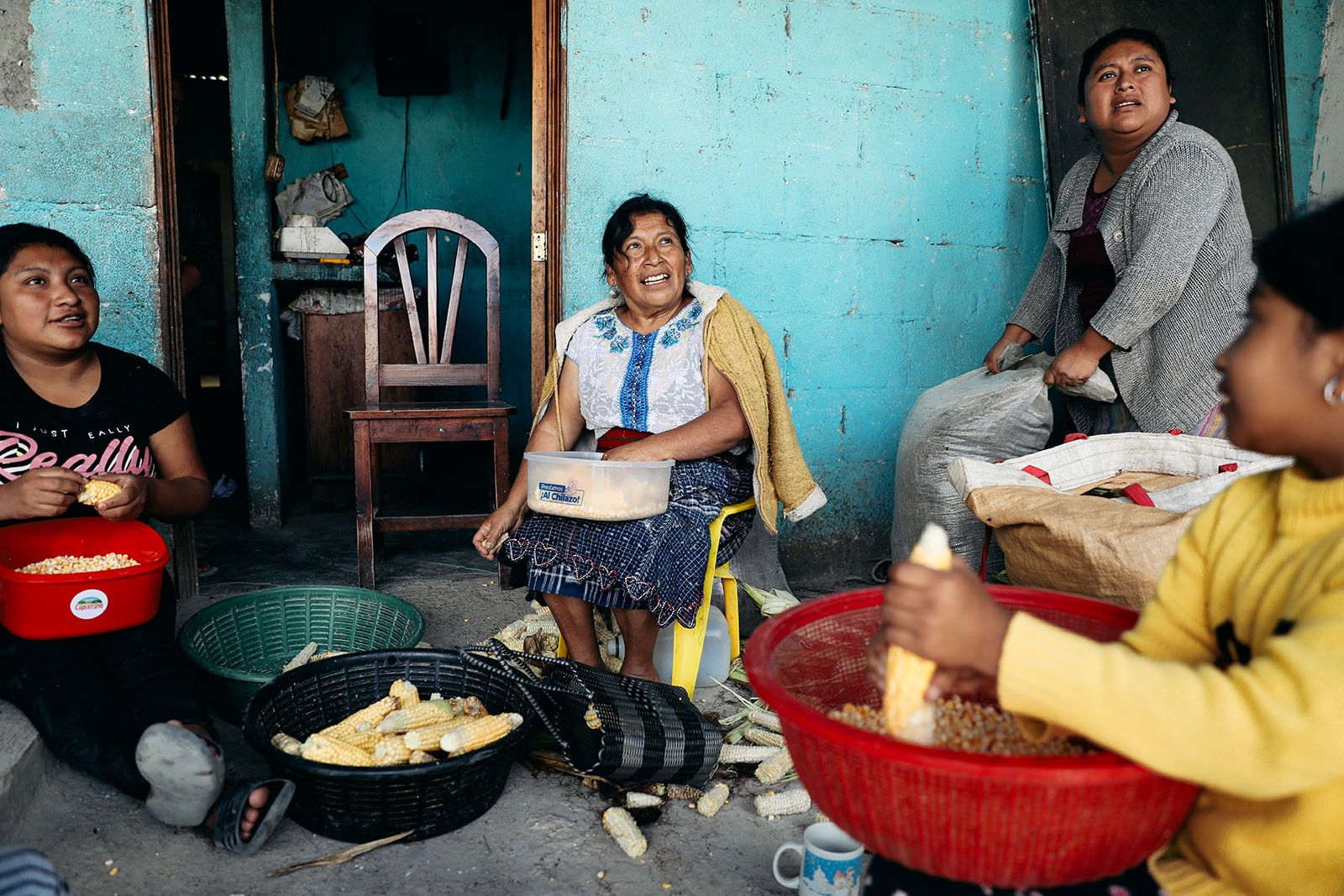Embarking on our journey in Guatemala more than a decade ago, the landscape of undocumented migration wasn’t on our immediate radar. Coming from a background in Utah, I, as a white girl, had limited exposure to the complexities surrounding migration. As Be Humanitarian committed itself to serving Guatemala’s people, the allure of pursuing better economic prospects in the United States emerged as a path laden with risks and uncertainties for many individuals. Guatemala, grappling with poverty, limited opportunities, and political instability, witnessed a notable surge in undocumented migration. Despite the perils involved, a considerable number of Guatemalans sought employment abroad in the hope of providing financial support to their families, leading to a substantial rise in remittances that now play a pivotal role in many Guatemalan households.
With over 59% of its population living below the poverty line, Guatemala stands as one of Latin America’s most impoverished nations. The challenges extend to food insecurity, malnutrition, and educational deficits, particularly in rural areas. Political instability and corruption further compound the dearth of economic opportunities, compelling many Guatemalans to seek better prospects beyond their borders.
Undocumented migration is fraught with risks, ranging from exploitation, abuse, to tragic outcomes like rape and death. Once migrants arrive at their destination, they often find themselves in vulnerable situations, living in the shadows with limited access to essential services such as healthcare and education. The constant threat of deportation looms, disrupting lives and separating families.
A consequential outcome of this migration wave is the surge in remittances to Guatemala. In 2020, remittances reached an unprecedented $11.4 billion, constituting over 15% of the country’s GDP, a marked increase from a decade ago when remittances comprised less than 10% of GDP.
However, concerns persist regarding the potential negative impact of reliance on remittances. Such dependence on foreign income could discourage investments in local businesses and industries, contributing to economic inequality. Remittance flows, being susceptible to external factors like changes in immigration policy or economic downturns in host countries, may also introduce instability and uncertainty for families reliant on them.
In response to these concerns, Be Humanitarian has initiated a nutrition and education program aimed at enhancing the health and education of children. Operating a sewing center and collaborating with companies on cut and sew projects, the organization strives to empower the community. Focused on educating both children and parents, Be Humanitarian sponsors children’s education, covering fees, uniforms, and school supplies. Volunteer efforts extend to local schools, creating safe and thriving atmospheres, with recent initiatives including the transformation of a room into a library and the monitoring of students’ growth to combat malnutrition.
Addressing challenges at a grassroots level, Be Humanitarian endeavors to make a tangible impact on issues that governments have struggled to resolve. It’s a formidable task, but the organization remains steadfast in its commitment to the well-being and development of Guatemala’s communities.

